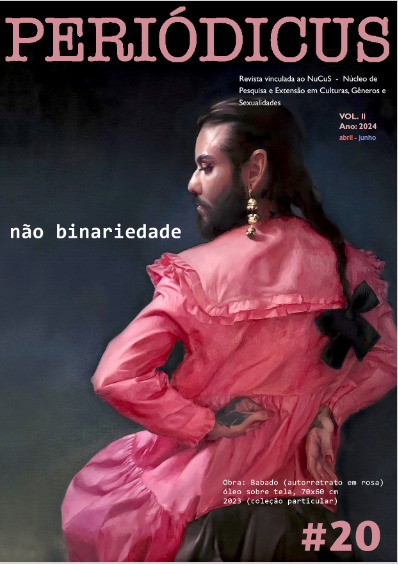Data analysis on inequalities in the education of black girls in pandemic times in the light of the Agenda 2030
DOI:
https://doi.org/10.9771/peri.v2i20.51885Abstract
This article aims to highlight educational inequalities under the categories of race, gender and social class after the covid-19 pandemic and how such issues become a challenge for achieving the Social Development Goals (SDGs) of the 2030 Agenda In the literature review, the work “Development as Freedom” by Amartya Sen (2000, 2010) was used, as well as some concepts regarding Human Development and the Human Development Index (HDI) were also adopted. Next, the issue of intersectionality is discussed. Nevertheless, the impacts of covid-19 on Education Policy are presented, and the management of public policies is discussed. Finally, data is presented that shows how black girls have been the most affected in the context of the covid-19 pandemic in accessing and remaining in education. As a provocation, the discussion ends by bringing into debate the issue of gender and the way in which black girls have been affected in the educational scenario, which proposes a change/expansion/creation of public policies that aim to reduce not only racial inequality, but also gender inequality in the education system. This is bibliographical research containing a quantitative-qualitative approach. The data were released based on research by Carneiro (2021), carried out in the city of São Paulo, and the analysis of the results was based on the SDGs and Goals of the 2030 Agenda.
Downloads
Downloads
Published
How to Cite
Issue
Section
License
Copyright (c) 2024 Liliane Flores de Freitas Gonçalves, Gilson Batista de Oliveira

This work is licensed under a Creative Commons Attribution-NonCommercial 4.0 International License.
Autores que publicam nesta revista concordam com os seguintes termos:
Autores mantêm os direitos autorais e concedem à revista o direito de primeira publicação, com o trabalho simultaneamente licenciado sob Licença Creative Commons Attribution Noncommercial que permite o compartilhamento do trabalho com reconhecimento da autoria e publicação inicial nesta revista, sendo vedado o uso com fins comerciais.
Autores têm autorização para assumir contratos adicionais separadamente, para distribuição não-exclusiva da versão do trabalho publicada nesta revista (ex.: publicar em repositório institucional ou como capítulo de livro), com reconhecimento de autoria e publicação inicial nesta revista.
Autores têm permissão e são estimulados a publicar e distribuir seu trabalho online (ex.: em repositórios institucionais ou na sua página pessoal) a qualquer ponto antes ou durante o processo editorial, já que isso pode gerar alterações produtivas, bem como aumentar o impacto e a citação do trabalho publicado (Veja O Efeito do Acesso Livre).







